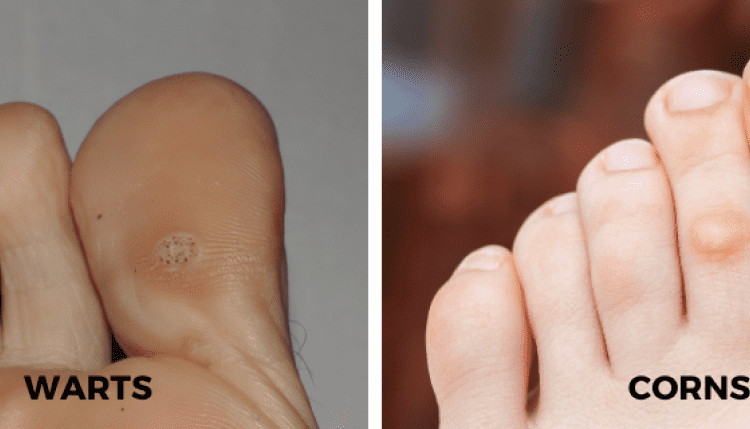A woman’s menstrual cycle is a complex and delicate interplay of hormones, and it serves as a crucial indicator of reproductive health. However, it’s not uncommon for women in their early 20s to experience irregular menstrual cycles. This phenomenon can be puzzling and concerning, but it’s essential to recognize that several factors contribute to these irregularities. In this blog, we will delve into the reasons behind irregular menstrual cycles in women during their early 20s.
- Hormonal Fluctuations
One of the primary reasons for irregular menstrual cycles in the early 20s is hormonal fluctuations. During this stage of life, the body is still adjusting to the maturation of the reproductive system. The delicate balance between estrogen and progesterone, the two key hormones governing the menstrual cycle, may be disrupted. This imbalance can lead to irregular ovulation, causing variations in the length and regularity of menstrual cycles.
- Stress and Lifestyle
The early 20s often coincide with significant life changes such as starting college, entering the workforce, or experiencing personal relationships. The stress associated with these changes can affect the hypothalamus, a part of the brain that plays a crucial role in regulating hormones. Chronic stress can lead to disruptions in the menstrual cycle, causing it to become irregular. Additionally, poor lifestyle choices, such as inadequate sleep, an imbalanced diet, and lack of exercise, can contribute to hormonal imbalances and menstrual irregularities.
- Polycystic Ovary Syndrome (PCOS)
PCOS is a common hormonal disorder that affects many women in their reproductive years, including those in their early 20s. This condition is characterized by the presence of cysts on the ovaries, insulin resistance, and elevated androgen levels. PCOS can disrupt the regularity of menstrual cycles, causing them to become irregular or even absent. Identifying and managing PCOS early is crucial for maintaining reproductive health.
- Thyroid Disorders
The thyroid gland plays a vital role in regulating metabolism and hormone production. Disorders such as hypothyroidism or hyperthyroidism can impact the menstrual cycle. In hypothyroidism, an underactive thyroid, the production of hormones slows down, leading to irregular periods. On the other hand, hyperthyroidism, an overactive thyroid, can cause periods to become shorter and more frequent. Proper diagnosis and management of thyroid disorders are essential for restoring menstrual regularity.
- Birth Control Methods
Many women in their early 20s may opt for hormonal contraceptives to prevent pregnancy. While these methods are effective, they can also influence the menstrual cycle. Some women may experience irregular periods or changes in menstrual flow when using hormonal contraceptives. It’s crucial to communicate with healthcare providers to find the most suitable contraceptive method and monitor any changes in menstrual patterns.
- Weight Fluctuations
Significant changes in body weight, whether due to intentional actions like dieting or unintentional factors, can impact menstrual regularity. Both excessive weight loss and weight gain can disrupt the delicate hormonal balance, leading to irregular periods. Achieving and maintaining a healthy weight is essential for overall well-being, including reproductive health.
Conclusion
Experiencing irregular menstrual cycles in the early 20s is a common and often temporary occurrence. Understanding the factors contributing to these irregularities can empower women to make informed decisions about their health. It’s essential to prioritize self-care, manage stress, maintain a healthy lifestyle, and seek medical guidance when necessary. By addressing these factors, women can promote hormonal balance and support a regular menstrual cycle, contributing to their overall reproductive health and well-being.










